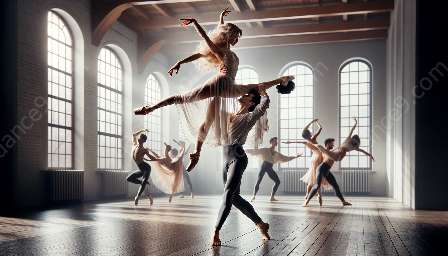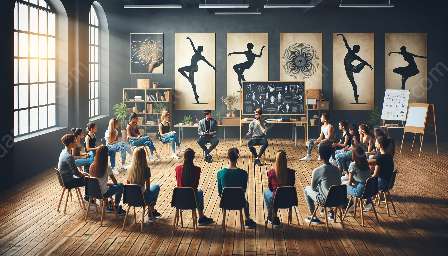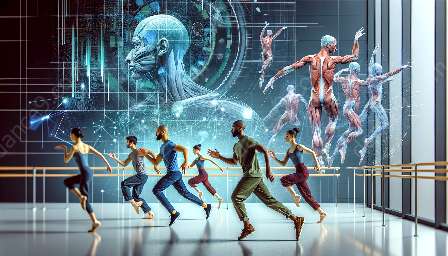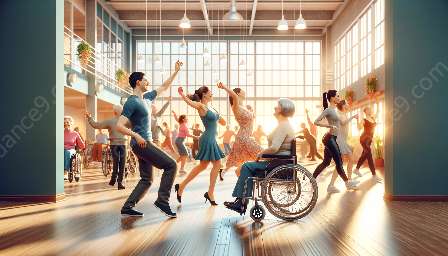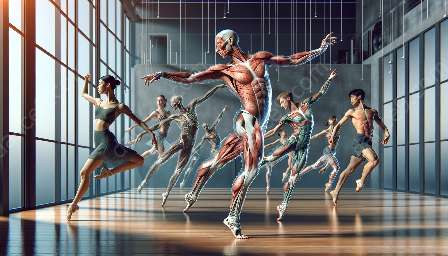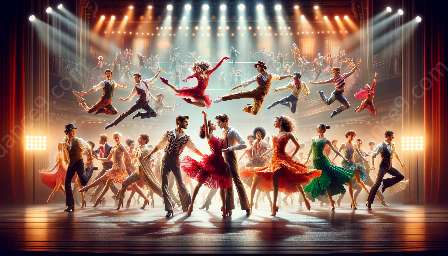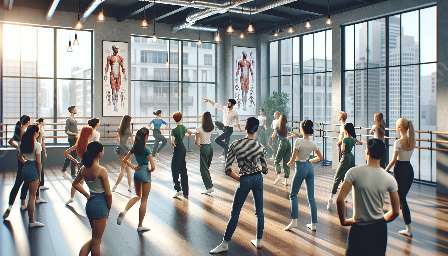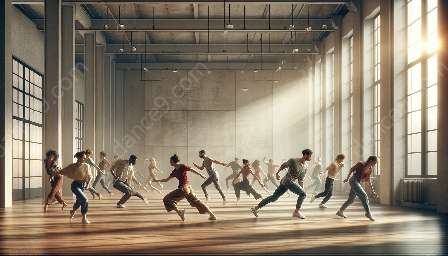Dance pedagogy plays a crucial role in nurturing the leadership and collaborative skills of dancers, influencing their abilities to work together, communicate effectively, and take on leadership roles within the dance community. In this comprehensive guide, we'll delve into the impact of dance pedagogy on the development of these essential skills and its implications for dance education and training.
The Role of Dance Pedagogy in Developing Leadership and Collaborative Skills
At its core, dance pedagogy refers to the methods and strategies used to teach and train dancers. It encompasses not only the technical aspects of dance but also the development of essential skills such as leadership, teamwork, and communication. Through well-crafted pedagogical approaches, instructors can instill in their students the ability to lead, collaborate, and contribute effectively to group dynamics.
Fostering Leadership
One of the primary ways in which dance pedagogy fosters leadership skills is through the encouragement of self-expression and individuality. By allowing dancers to explore their creativity and unique perspectives, pedagogy empowers them to develop a sense of autonomy and assertiveness, key qualities of effective leaders. Additionally, pedagogical methods that involve assigning leadership roles within dance ensembles provide valuable experiential learning opportunities for dancers to hone their leadership capabilities.
Cultivating Collaborative Skills
Collaboration lies at the heart of dance, and dance pedagogy plays a pivotal role in nurturing this essential skill. Through group exercises, partner work, and ensemble performances, pedagogical practices encourage dancers to communicate, cooperate, and synergize with fellow performers. Furthermore, instructors can utilize collaborative choreographic processes that require dancers to contribute ideas and work collectively, fostering a spirit of teamwork and mutual support among the participants.
Implications for Dance Education and Training
The impact of dance pedagogy on the development of leadership and collaborative skills has far-reaching implications for dance education and training. By recognizing the pivotal role of pedagogy in shaping these skills, educators and trainers can integrate specific strategies and curricular components into their programs to better support the holistic development of dancers.
Incorporating Leadership Development Initiatives
Dance education institutions can introduce leadership development initiatives that provide dancers with opportunities to hone their leadership competencies. These initiatives may include mentorship programs, leadership workshops, and projects that require dancers to take on organizing and decision-making roles, thereby instilling a sense of responsibility and initiative.
Fostering a Culture of Collaboration
Within the realm of dance education and training, creating a culture of collaboration is paramount. Dance pedagogy can guide educators in structuring collaborative learning experiences that emphasize the value of teamwork and cooperation. By promoting an environment where dancers exchange ideas, support one another, and collectively pursue artistic excellence, pedagogy contributes to the cultivation of a collaborative mindset among aspiring dancers.
Conclusion
Through the intentional application of dance pedagogy, instructors and educators can effectively foster leadership and collaborative skills in dancers, equipping them with the capabilities to thrive not only as performers but also as influential leaders and supportive collaborators within the dance community. By recognizing the profound impact of pedagogy on the holistic development of dancers, the field of dance education and training can further elevate the standard of dance pedagogy to cultivate well-rounded, empowered dancers.




